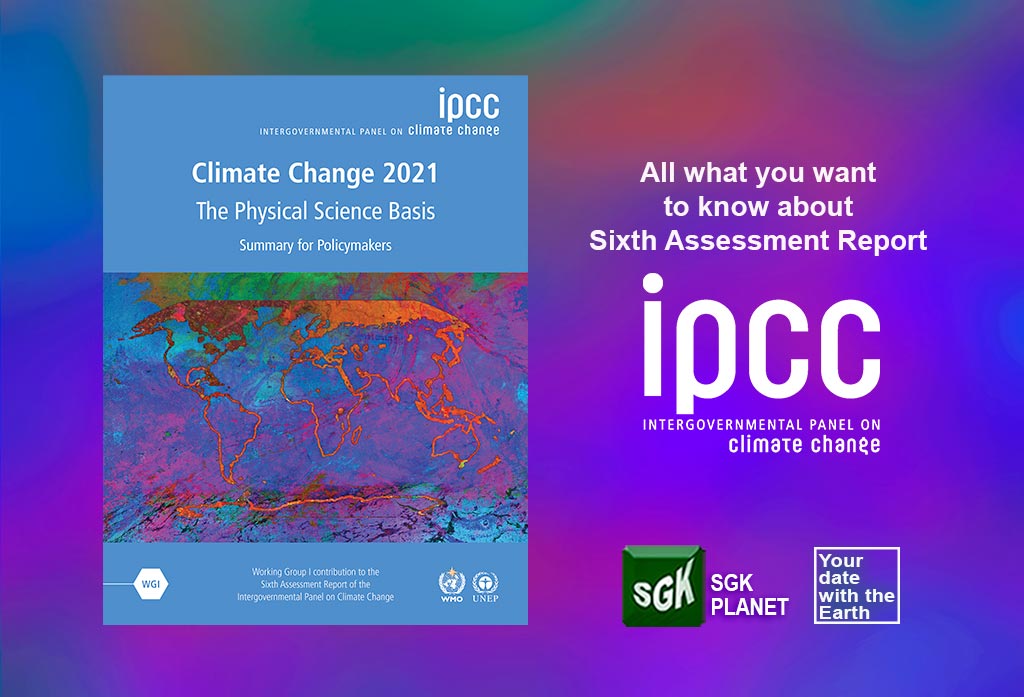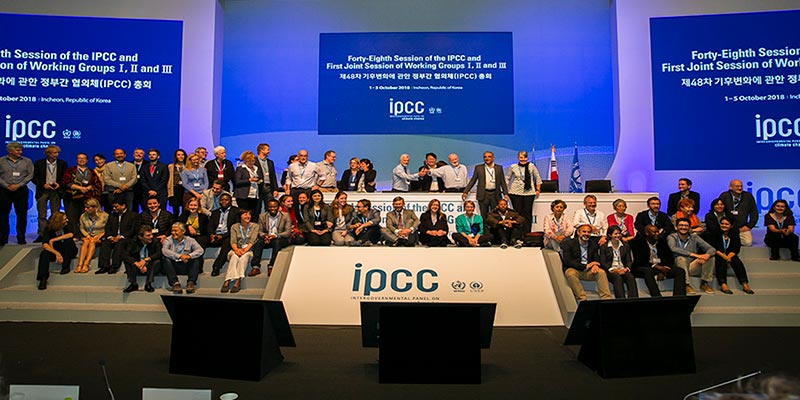FAQs about the IPCC Sixth Assessment Report

2. What is the role of the IPCC Reports?
According to the IPCC fact sheet: “IPCC assessments provide a scientific basis for governments, at all levels, for climate-related policy formulation, and support negotiations at the United Nations Conference on Climate Change. Climate and the United Nations Framework Convention on Climate Change (UNFCCC). While these assessments are politically important, they are not prescriptive, that is, they can be used to present projections of future climate change based on various assumptions, the risks posed by climate change and the impact of possible response measures to it, but not to determine the measures to be taken by the regulatory authorities.
Because of its scientific and intergovernmental nature, the IPCC offers a unique opportunity to provide balanced and rigorous scientific information to policy makers. Participation in the IPCC is open to all Member countries of WMO and the United Nations.
It currently has 195 Member countries. The Group of Experts, made up of representatives of the Member States, meets in plenary sessions to adopt the most important decisions. The IPCC Bureau, elected by the governments of the Member States, provides guidance to the Group on the scientific and technical aspects of its work and on management and strategy issues.”
FAQs about the IPCC Sixth Assessment Report
2. What is the role of the IPCC Reports?
3. What is the IPCC Sixth Assessment Report?
4. What are the key points of the IPCC Sixth Assessment Report?
5. How is the IPCC Sixth Assessment Report related to COP26?
6. What is the relationship between the IPCC Sixth Assessment Report and the Paris Agreement?
7. Why is the IPCC Sixth Assessment Report considered a “code red for humanity”?
8. What is being done about the alerts of the Sixth IPCC Assessment Report?
Other secctions of IPCC Report
Article
We analyze the fifth IPCC Report
In the city of Incheon, South Korea, between October 1 and 5, 2018, the 48th Session of the IPCC, the Intergovernmental Panel on Climate Change and the First Session of the Group were held. of Work I, II and III.
In this meeting the Fifth Assessment Report of the IPCC was presented, whose main objective is to limit the temperature rise to 1.5 degrees Celsius from its pre-industrial level. This goal, according to the report, will require “unprecedented changes” at a social and global level, due to the seriousness of the planet’s situation due to the sustained increase in global temperature, with all its consequences. >…
You can also see it in…
Infographics

Photo Gallery.

Video Gallery


